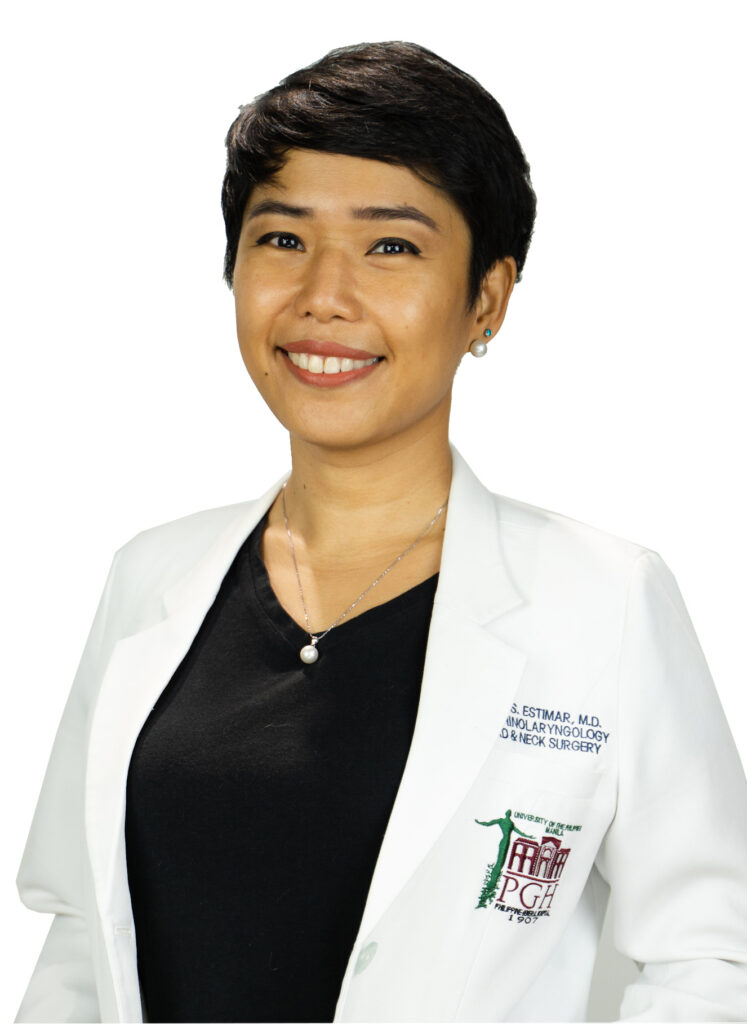What Should I Expect During An ENT Consult?
You may consult an ENT doctor for a variety of ear, nose throat or neck problems. Not knowing what to expect may cause agitation on the part of the patient so this blog serves as a guide on what to expect during your ENT clinic checkup.
Your ENT doctor will usually start with history taking and ask you regarding your symptoms, duration, quality, severity of your symptoms. We would usually as you about your previous consultations for this, if any medications were taken as well. Included in the interview are your family history, other medical illnesses, hospitalizations, smoking or drinking history.
Physical Examination: Ears, Nose, and Throat
We next proceed with a thorough physical examination in the ENT clinic. we do this usually with both inspection and palpation. Your ENT doctor may start with the ear, using an otoscope check for ear discharge, cerumen buildup. During otoscopy, I sometimes get patients who get queasy. I usually tell my patients that they should not be conscious that they haven’t cleaned their ears because 1. we don’t recommend cleaning your own ears 2. believe me, we have seen dirtier ears. If we see anything abnormal, we may do ear cleaning or request for hearing tests.
Your ENT doctor will then proceed with inspecting your nose, using a nasal speculum which is an instrument which widens the nostrils just a little bit. We warm the instrument first before checking your nose. Again, don’t feel awkward about it. During rhinoscopy or nasal examination, we usually check for nose bleeding or tumors.
We then proceed with checking your mouth as well as your throat, behind your tongue. Your ENT doctor may use laryngeal mirror to check for masses in that area as a screening too. During mirror laryngoscopy, we may pull out your tongue with a piece of gauze and use a mirror to check the back of your tongue. If your ENT doctor sees anything abnormal, he or she may proceed with an endoscopy procedure using either a flexible or rigid endoscope.
Neck Examination
The neck is then examined: we inspect and palpate for tumors in the thyroid or in the side of the neck for lymph nodes. You may feel a little discomfort during palpation, especially for deep neck nodes, which are very important especially when dealing with head and neck cancer. We may ask you to swallow while we are holding your neck to check for any thyroid enlargement. I see some patients having difficulty with this, so I ask them to swallow water—it might be useful to bring a bottle of water with you.

General Physical Examination
Beyond the head and neck examination, we may also do auscultation of the lungs with a stethoscope, check for asthma related to allergic rhinitis, lung sounds which may indicate pneumonia or inadequate air entry from blockage of masses. and listen to heart sounds when we are considering heart disease related to the thyroid.
So that is the flow of the usual ENT clinic examination. I hope this blog has helped you relax for your scheduled consultation with your ENT doctor!
Say goodbye to ear, nose, and throat discomfort with our expert ENT care.
Book now to schedule your appointment with an experienced ENT doctor near you and start feeling better today.
Your health is our priority.

